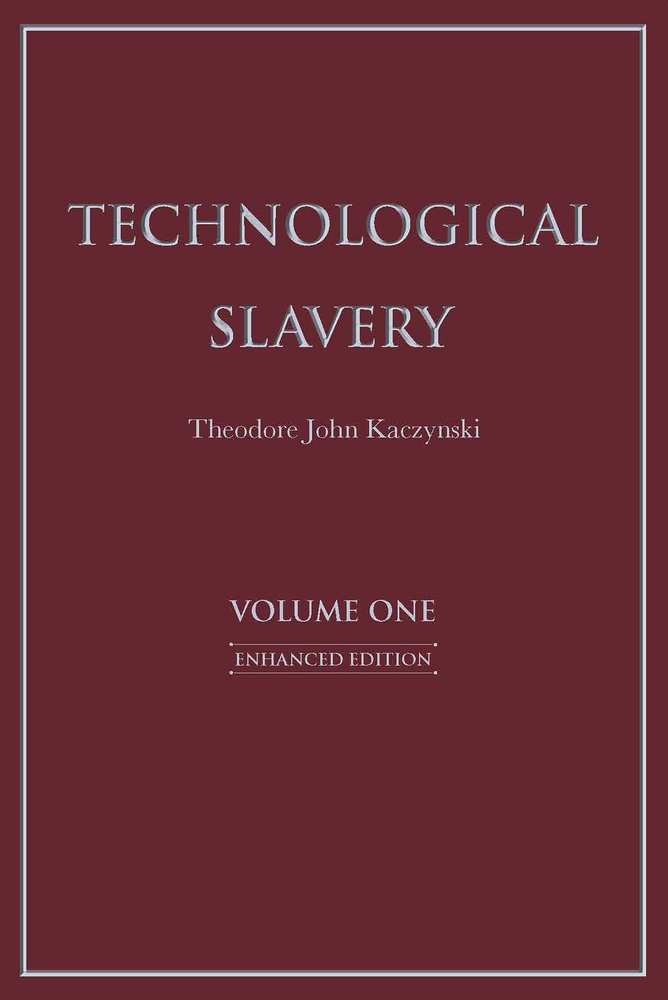What do you think?
Rate this book


355 pages, Paperback
First published January 1, 2010
"My route took me past a beautiful spot, a favorite place of mine where there was a spring of pure water that could safely be drunk without boiling. I stopped and said a kind of prayer to the spirit of the spring. It was a prayer in which I swore I would take revenge for what was being done to the forest."Tears welled up in my eyes reading that. I'll let you decide who is really crazy: TK or industrial society.
A society unaccustomed to understanding individuals' behaviour as anything other than the result of the psychological states -- their childhood traumas and neurochemical imbalances, say -- cannot account for the political dimensions of everyday life. It cannot, for instance, raise the question of exactly what is wrong with what Kaczynski did. We perhaps could stand to be reminded of the public agreements that stipulate why we aren't supposed to kill, no matter the cause, and then perhaps we could decide what other people and practices are falling short of the standard he violated. But the Unabomber case can't force this much-needed conversation if Kaczynski is merely a madman. Then it's enough to know that he is not one of us. But he is.